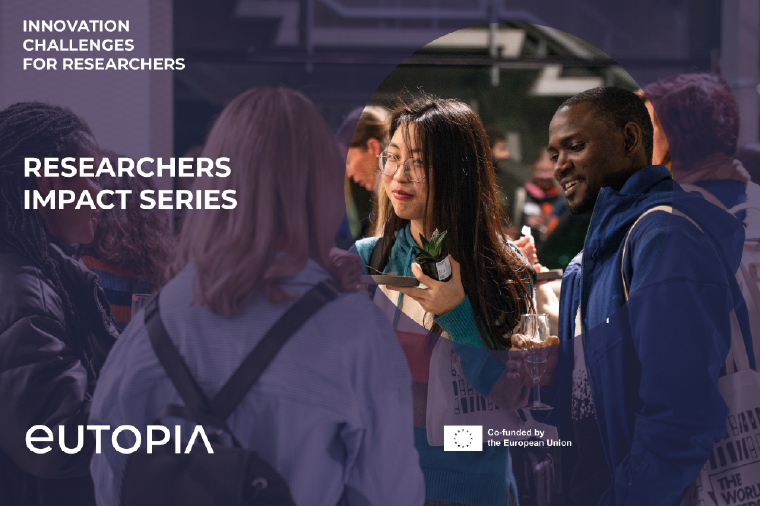Call for papers
Disruption is as much a volatile as it is a versatile concept. While we fear disruption when we want a plan to work or a person to succeed, disruption often is hailed as the condition for success itself. Finding something ‘new’ is still a guiding principle of economic, social, and academic work, insinuating a necessary break with whatever is deemed ‘old’. Terms like “disruptive innovation”, “radical change” and “creative destruction” point to myths of disruption that fuel paradigms like “growth”, “progress” and “future” in ways which have been thoroughly critiqued by academics, scientists, and activists alike for their conditions as well as their consequences – privileging the few over the many, ignoring tradition and producing ever more minute ‘change’, resulting in environmental destruction, social and economic instability etc. Yet, disruption, innovation, and future seem to promise something that we want to hold on to: protest, change, and the possibility of creating spaces for a more just society that differs from a status quo – not least a “we” that is able to act, adapt, and persist.
The realms in which disruption comes to play are, thus, many and diverse - tech, art, and politics are able to disrupt or be disrupted while, at the same time, they seem unchangeable. The force of capital, economic players, and even public institutions to absorb innovation without changing much stands in stark contrast to the ‘disruptive’ language many employ precisely in order to remain on a given path. At the same time, things do change and sometimes even for the better…
This fourth conference by the
Disruption and Societal Chance Center TUDiSC aims at questioning “myths of disruption”, though not (only) by disruptive means – exposing something as a myth, i.e., a lie – but by collecting and exploring the programs, narratives and utopias on which our disciplines, research subjects, and collaborative ideals rest and which they produce. Building on Adrian Daub’s observation that “Disruption has become a way to tell a story about the meaning of both discontinuity and continuity” (
What Tech calls Thinking, 2020), we invite stories and studies which concentrate on a concept, a narrative or a promise of disruption in regards to future and the places and people affected by this promise. Why would we want to perpetuate “disruption”? How can we differentiate between forms of disruptions? How and when do we encounter disruption in research and when is it necessary to disrupt familiar patterns of communication, knowledge production, interpretation and research practices?
We invite you to contribute recurring topics and problems of your work in order to share and discuss them in the framework of a mythology. Therefore, we invite paper presentations and creative formats which offer reflections on disruptive myths and myths of disruption within a discipline or where disciplines meet. This invitation is one to reflect and critique but also to celebrate and mythologize disruptions with a palpable connection to the person who notices them and the field in which they occur.
Possible topics include, but are not limited to:
- the role of innovation
- practices of collaboration
- needs for decolonization
- the goal of openness
- horrors of bureaucracy
- ideals of exchange
- institutional effects
- political interference
- academic ventures outside the university
- utopias of knowledge
If you are interested in participating (with or without a presentation), please send inquiries and proposals (max. 300 words) until
June 30th, 2023 to Solvejg Nitzke
Solvejg.Nitzke@tu-dresden.de or
tudisc@tu-dresden.de. You will receive feedback on the approval status of your abstract by
July 15th, 2023. The conference will take place from
December 6th - 8th, during the
EUTOPIA Week in Dresden.
On this, you will also receive information on whether you can be provided with travel reimbursement.
This is an interdisciplinary event! While the concept originates in cultural studies, we want to emphasize, that we want to hear as many voices as we can. If you have questions about possible formats or topics, please do not hesitate to contact us.
We plan to collect the myths of disruption in an edited volume to be published in 2024.
For more information on the research network and our current events please have a look at the
TU Dresden TUDiSC website.

